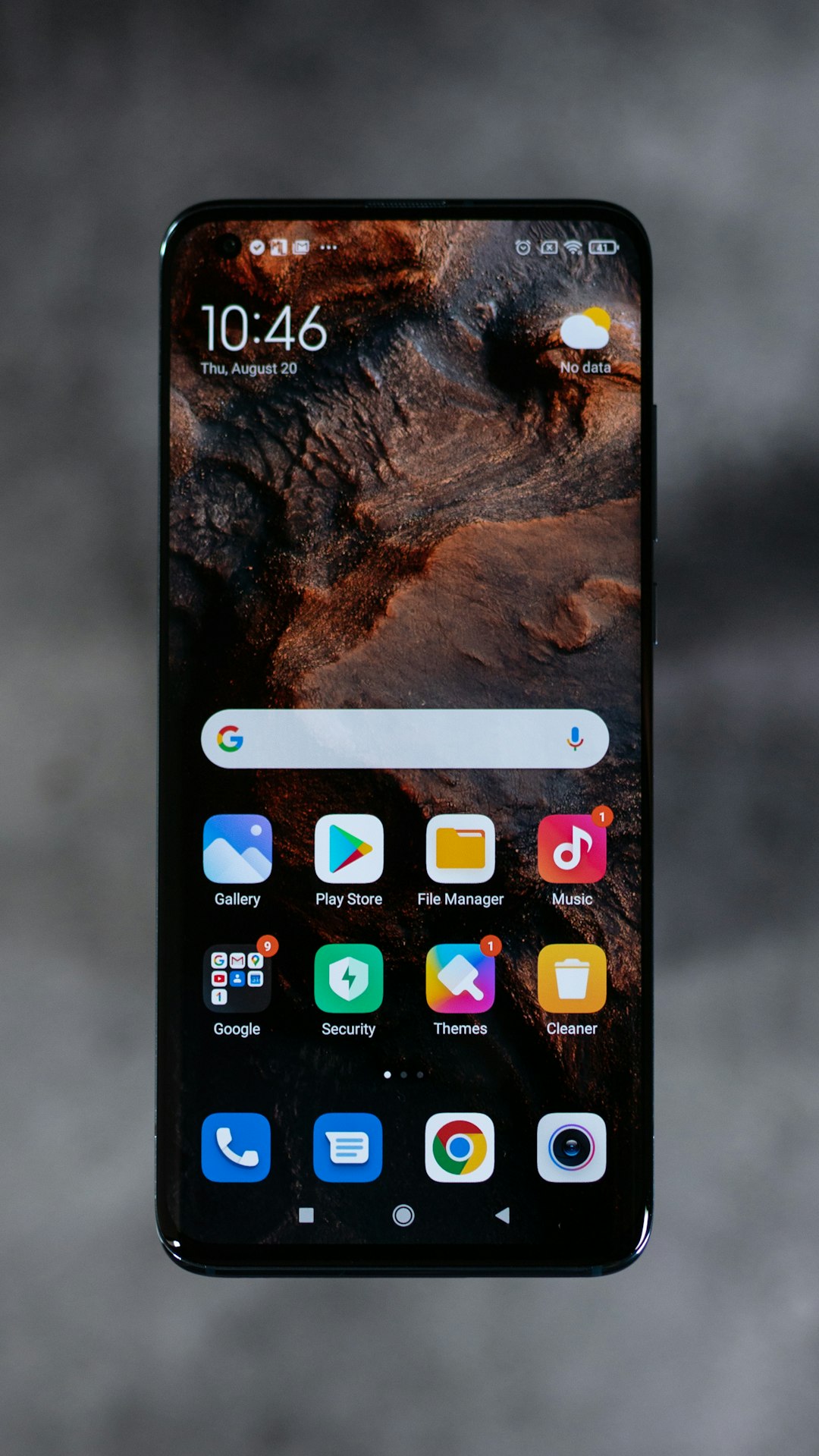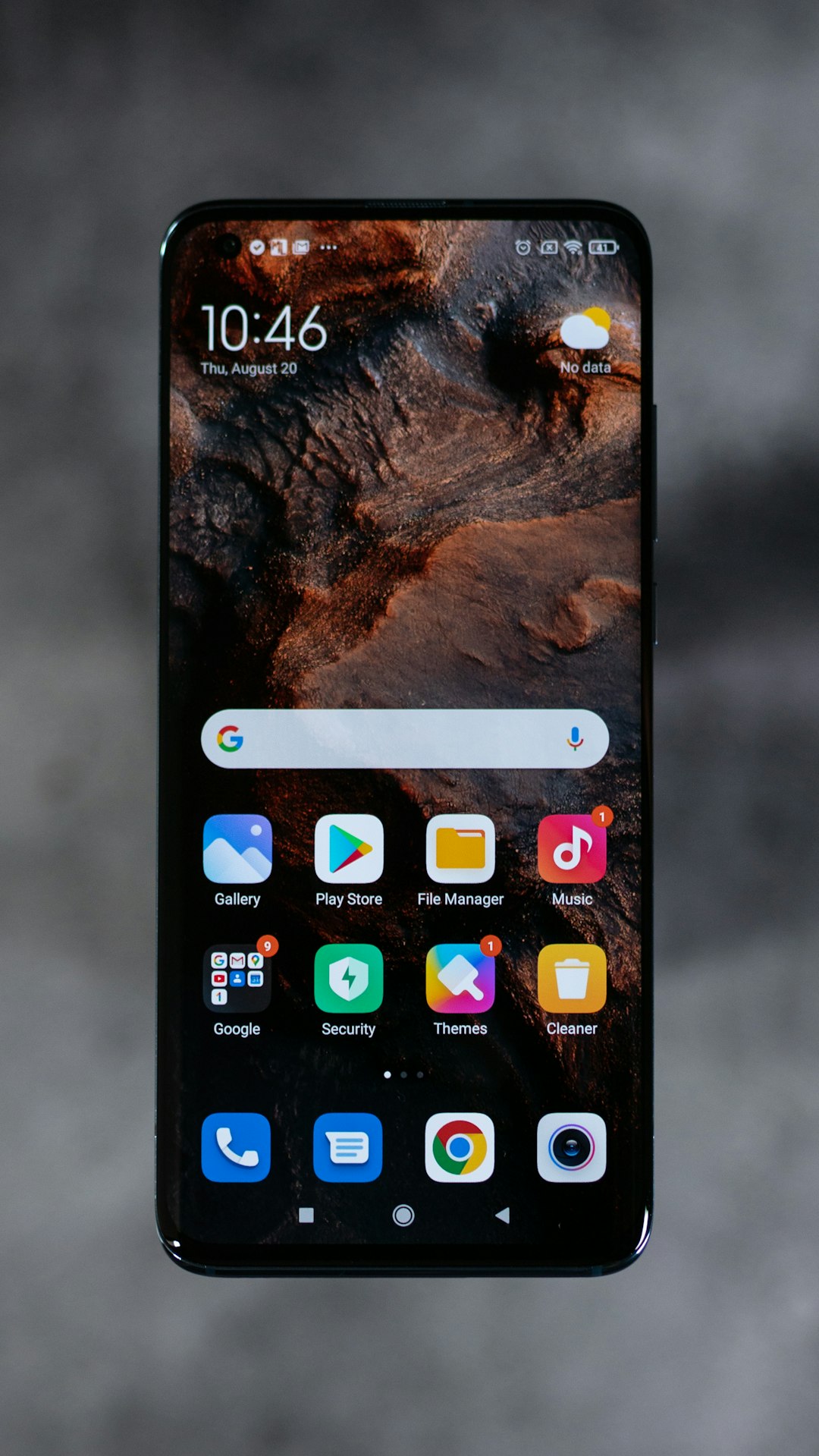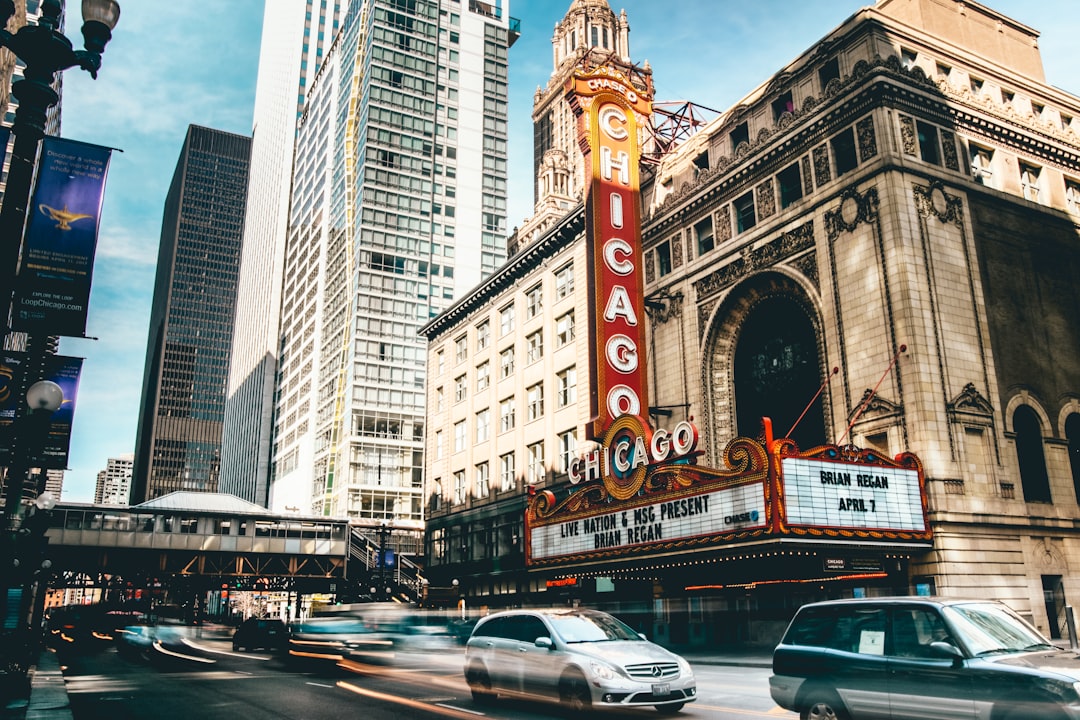Chicago's stringent spam call laws aim to balance marketing freedom and privacy protection, influencing both consumers and businesses. Understanding these regulations is vital for spam call law firms in Chicago to ensure compliance and combat nuisance calls through community feedback. This collaborative approach, using surveys, town halls, and forums, guides legislation tailored to the city's diverse population, with a focus on limiting the activities of spam call law firms Chicago. Community feedback helps categorize spam types, frequency, and impact, allowing lawmakers to prioritize concerns and implement stricter regulations with enhanced penalties.
In Chicago, understanding and adhering to strict spam call laws is crucial for businesses. This article explores how community feedback can inform and enhance these regulations, specifically targeting spam call law firms in Chicago. We’ll delve into effective methods of gathering public input, analyzing data, and categorizing feedback to create more robust legislation. By implementing change based on this collective wisdom, Chicago can better protect its residents from intrusive spam calls.
Understanding Chicago's Spam Call Laws and Their Impact

Chicago’s spam call laws are designed to protect residents from unwanted phone marketing, with strict regulations in place to mitigate the impact of nuisance calls. These laws have a significant effect on both consumers and businesses, particularly those operating within the legal framework. By understanding these regulations, Chicago-based spam call law firms can ensure their practices align with the city’s guidelines, promoting a harmonious balance between marketing efforts and resident privacy.
The impact is twofold: it empowers citizens to take action against persistent spam calls and encourages ethical business practices. With regular community feedback and an active legal framework, Chicago aims to create an environment where residents feel heard and respected while still fostering economic growth through responsible marketing strategies.
Gathering Community Feedback: Methods and Tools

In the fight against nuisance spam calls, community feedback plays a pivotal role in shaping effective legislation. Chicago residents can provide valuable insights into their experiences with unwanted phone calls, allowing local authorities and law firms specializing in spam call laws to gain a comprehensive understanding of the issue’s scope and impact.
Gathering feedback involves various methods and tools tailored to reach a diverse range of community members. Online surveys distributed through local government websites or social media platforms enable easy access for residents. Additionally, town hall meetings offer an opportunity for direct engagement, where individuals can share their stories and concerns openly. Community forums and online discussion boards further facilitate the process, creating digital spaces for anonymous yet informative exchanges about spam calls. These collective efforts contribute to a robust data set, empowering lawmakers to create or enhance spam call legislation that aligns with the community’s needs in Chicago.
Analyzing and Categorizing Feedback for Effective Legislation

Analyzing community feedback is a crucial step in crafting effective spam call legislation for Chicago. The first task involves collecting and categorizing insights from residents about their experiences with unwanted phone calls, focusing on specific types of spam calls such as sales pitches, scams, or fraudulent offers. This process allows lawmakers to understand the most prevalent issues and the emotional impact these calls have on everyday life in Chicago.
By organizing feedback into distinct categories—like call frequency, source types, and perceived harm—legislators can identify patterns and prioritize issues. This structured approach ensures that the resulting spam call laws are tailored to address the concerns that matter most to Chicagoans. For instance, community feedback might reveal a high incidence of calls from out-of-state law firms, suggesting a need for stricter regulations targeting such cross-border spamming activities.
Implementing Change: Using Feedback to Enhance Spam Call Protection

Community feedback plays a pivotal role in shaping effective anti-spam call legislation in Chicago. By collecting and analyzing public input, law enforcement agencies and lawmakers can gain valuable insights into the types of spam calls that resonate most with residents, their frequency, and the impact they have on daily life. This information is crucial for tailoring spam call laws to address the specific needs and concerns of Chicagoans.
For instance, feedback might reveal a surge in nuisance calls from law firms seeking potential clients. This data can prompt legislation that imposes stricter regulations on such practices, including enhanced penalties for violations. By leveraging community feedback, Chicago’s spam call laws can evolve to better protect residents, fostering a safer and less disruptive communication environment.






